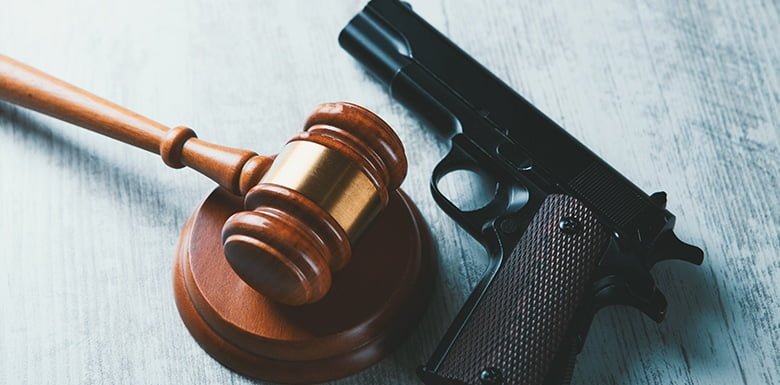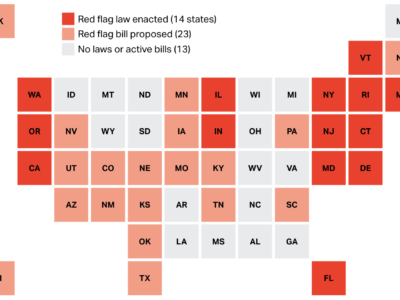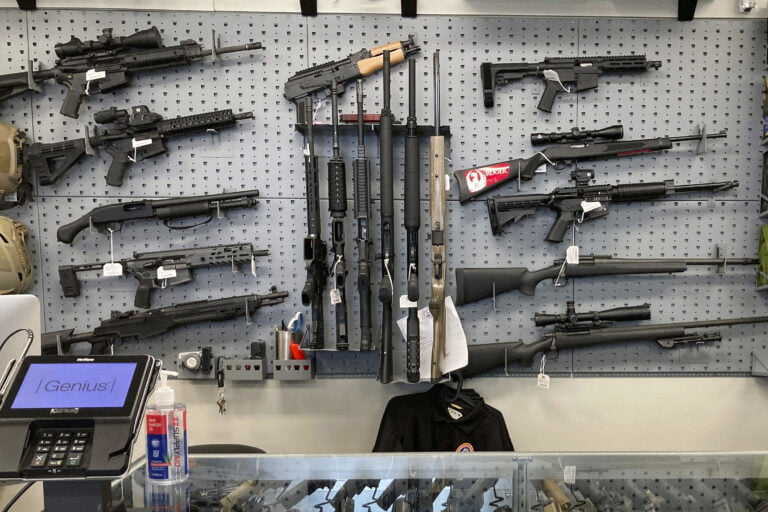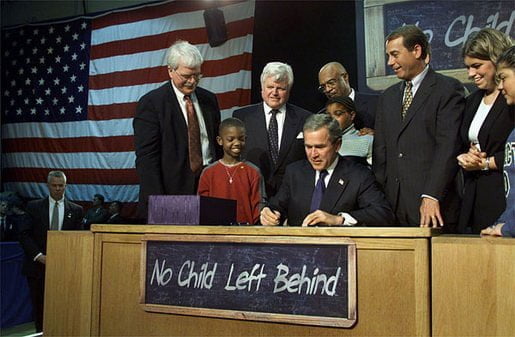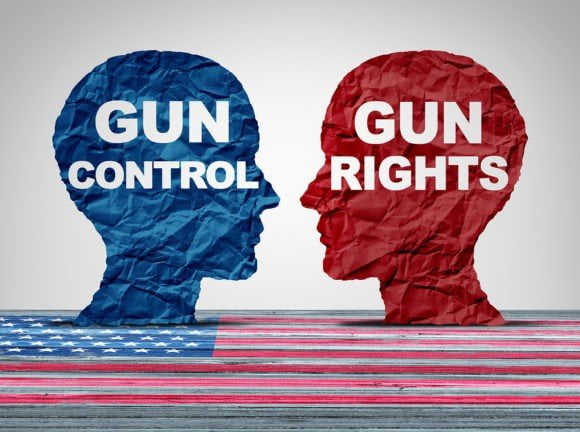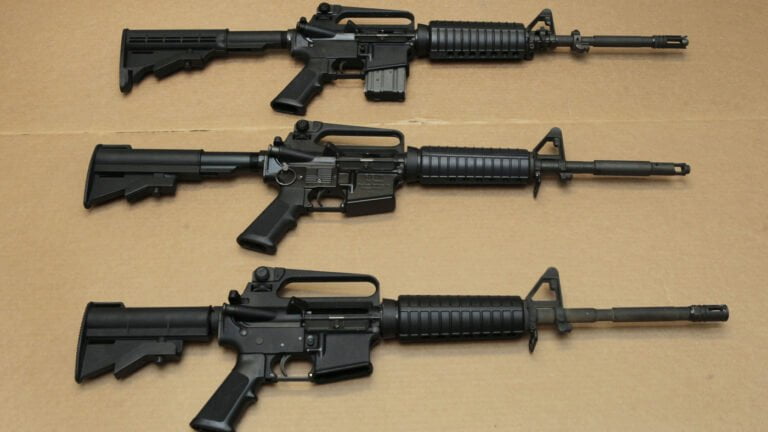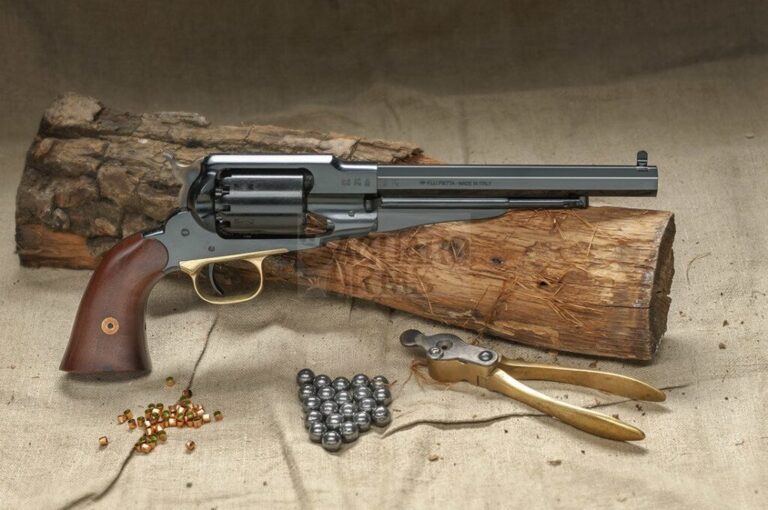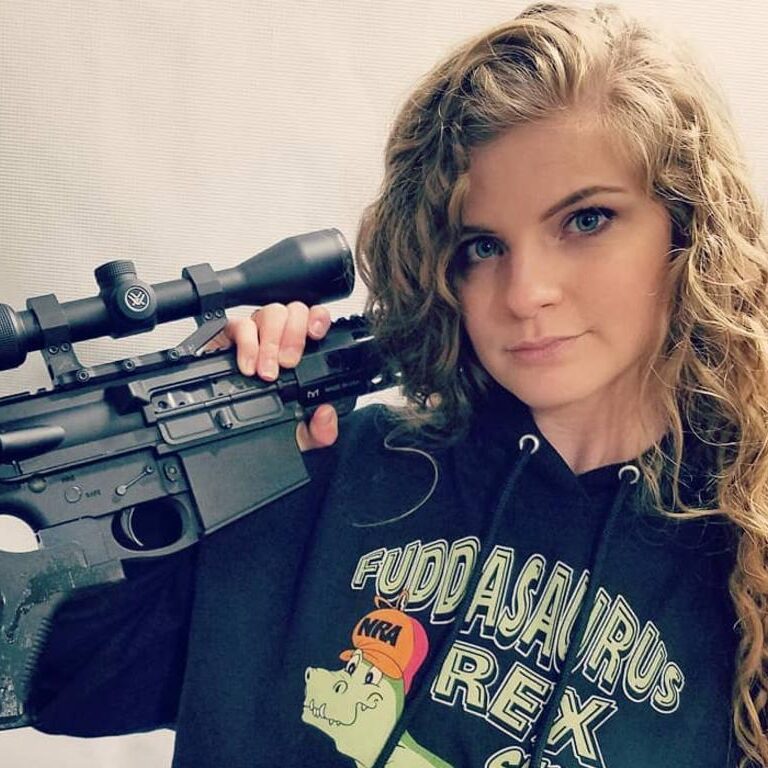What Criminal Charges Disqualify You From Owning a Gun?
Criminal Charges and Gun Rights intersect in the United States, where owning a gun is considered a right as granted by the Second Amendment of the Constitution. However, this right is not absolute. Certain criminal charges can disqualify someone from legally owning a firearm in America. Understanding what these disqualifying criminal offenses are is important for any gun owner or prospective gun owner.
Background On Federal Gun Laws
The foundation of federal gun laws in America is the Gun Control Act of 1968. This law prohibits certain categories of individuals from owning firearms. This includes anyone who:
- Has been convicted of a felony crime punishable by more than one year in prison
- Is a fugitive from justice
- Is an unlawful user of or addicted to any controlled substance
- Has been adjudicated as a mental defective or been committed to a mental institution
- It is illegal or unlawful in the United States
- Has been discharged from the Armed Forces under dishonorable conditions
- Has renounced their U.S. citizenship
- Is subject to a court order that restrains them from harassing, stalking, or threatening an intimate partner or child
These federal restrictions provide a baseline for who is prohibited from gun ownership across the country. However, states also have their own laws that further specify which criminal charges disqualify individuals from owning guns.
Violent Crimes & Felonies
One of the most obvious categories of disqualifying charges is violent criminal offenses, especially felonies. This includes crimes like:
- Murder
- Manslaughter
- Aggravated assault
- Kidnapping
- Robbery
- Rape
- Domestic violence
Generally, a felony conviction of any kind will prohibit someone from owning a gun in America. Felonies are serious crimes that are punishable by more than one year in prison. So violent felony convictions definitively prevent legal gun ownership.
Some states also prohibit gun ownership for those convicted of serious misdemeanor crimes of violence as well.
Drug Offenses
Drug-related criminal charges can also disqualify individuals from legally owning guns. This includes convictions for:
- Drug trafficking
- Distribution
- Manufacturing
- Cultivation
- Possession with intent to distribute/manufacture/sell
Simple possession charges for illicit substances like marijuana may not necessarily prohibit gun ownership. However, it depends on the specifics of the state law.
The federal law prohibits anyone who is an “unlawful user of or addicted to any controlled substance” from owning a gun. So in many jurisdictions, a possession charge may lead to being banned, especially if it is a felony.
Alcohol Offenses
Gun ownership can also be prohibited based on certain alcohol-related charges. Specific examples include:
- DUI – In most states, a first-time misdemeanor DUI conviction does not result in a gun ban. However, a second DUI offense or a felony DUI often will.
- Public intoxication – Chronic public intoxication charges or a felony public intoxication conviction may disqualify someone.
Again, state laws vary considerably on which alcohol offenses prohibit gun ownership. But generally, multiple offenses, especially felonies, can cause someone to lose their right to own a gun.
Domestic Violence Offenses
Domestic violence convictions are another category that commonly results in a federal gun ban. Under federal law, domestic violence includes:
- Physical harm or attempted physical harm
- Sexual abuse
- Threats of physical harm
- Violating a protective order
- Harassing, stalking, or threatening an intimate partner or child of a partner
So any misdemeanor or felony domestic violence conviction will prohibit gun ownership and trigger confiscation of any currently owned firearms.
Some states even prohibit ownership based on emergency protective or restraining orders issued against an alleged abuser before conviction. This demonstrates how aggressive domestic violence gun bans can be.
Mental Health Issues
Mental health issues, even without a criminal conviction, can potentially disqualify someone from owning a gun. Examples include:
- Being involuntarily committed to a mental institution
- Being found by a court or other lawful authority to be a danger to self or others due to mental illness
- Being found not guilty of a crime due to insanity or mental defect
These scenarios demonstrate how mental competency is a factor in determining if someone is legally allowed to own a gun. Diagnosis and treatment for mental illness alone is not disqualifying. But when it results in commitment or a court ruling, it can deny gun rights.
Miscellaneous Bans
There are a variety of other criminal convictions that may result in gun ownership prohibition:
- Sex offenses like prostitution and solicitation
- Cruelty to animals
- Property destruction charges like arson and vandalism
- Offenses like resisting arrest and obstruction of justice
So generally, any felony conviction has the potential to disqualify someone from gun ownership, depending on state law specifics. Even for certain misdemeanors, the type of crime itself may lead to prohibition.
Restoration Of Gun Ownership Rights
In some cases, those prohibited from owning a gun due to criminal conviction can petition for restoration of their gun rights. The process differs in each state but generally involves applying to a court or law enforcement agency.
Factors considered typically include:
- Type and severity of disqualifying offense
- Time elapsed since the offense
- Applicant’s history and personal circumstances since the offense
If granted, the restoration process allows certain prohibited persons to legally own guns again. However, the restoration of rights is not a given – it is a privilege granted only on a selective basis in most states.
The Complexities Of Gun Ownership Loss
As evidenced above, the intersection of federal and state law makes the issue of criminal offenses resulting in gun ownership loss complex and nuanced. Different states have their own rules, regulations, and procedures regarding prohibition and reinstatement of gun rights.
Some states are more restrictive, establishing gun bans for those convicted of certain misdemeanors. Other states only prohibit based on narrower felonies. Provisions related to domestic violence and mental health also vary.
The patchwork of laws means no standard nationwide set of disqualifying crimes exists. Gun owners and prospective owners must understand both federal law and their own state’s statutes to know if they are legally allowed to possess firearms or if certain charges prohibit them from doing so.
Consulting with a lawyer knowledgeable about gun laws is wise for anyone uncertain about their legal right to own guns based on their criminal record. An attorney can review the specific charges and interpret how state and federal law would apply to the individual’s circumstances.
Conclusion
Losing the right to legally own a gun due to a criminal conviction is a serious matter with major personal consequences. Felonies, domestic violence, and mental health issues are common categories that lead to prohibition, but misdemeanors also potentially cause disqualification depending on state law specifics.
The complex interplay between federal and state statutes makes determining if your record prevents gun ownership difficult to ascertain on your own. For anyone uncertain about their legal standing, consulting a qualified lawyer is essential to understanding if your criminal charges disqualify you from owning a firearm.
FAQs;
Q1: Can a misdemeanor conviction result in losing your right to own a gun?
Yes, certain misdemeanors can lead to prohibition, depending on each state’s laws. Domestic violence and DUIs are examples of misdemeanors that commonly result in gun bans.
Q2: If my domestic violence charges got dismissed or I was acquitted, can I still be prohibited from owning a gun?
Possibly yes, if you are subject to a restraining order currently or have been in the past. Some states prohibit gun ownership based solely on past or present restraining orders.
Q3: Do juvenile criminal convictions result in losing gun ownership rights?
It depends. Some serious juvenile felonies can prohibit gun ownership the same as adult convictions would. But juvenile records are sometimes sealed and may not impact gun rights once someone becomes an adult.
Q4: If my firearms were confiscated due to a disqualifying criminal conviction, can I ever get them back?
Potentially, if you petition for and are granted restoration of your gun ownership rights, this varies by state but allows for reclaiming guns in certain cases where rights have been reinstated.
Q5: I was convicted of a felony drug charge 12 years ago. Does this still prohibit me from owning a gun today?
Likely yes, as felony convictions often result in a permanent federal prohibition of gun ownership. To legally own a firearm again, you would need to go through the court process to restore your gun rights.
Q6: What criminal charges disqualify you from owning a gun?
Felons are banned from having guns under federal law. This includes anyone convicted of a federal crime punishable by over a year in prison or a state felony. Domestic abuse misdemeanors and restraining orders also lead to losing gun rights. Unlawful drug users, those deemed mentally defective, some veterans, and non-citizens are also prohibited. State laws may also ban gun possession for certain crimes. The bans range from lifetime to temporary.
